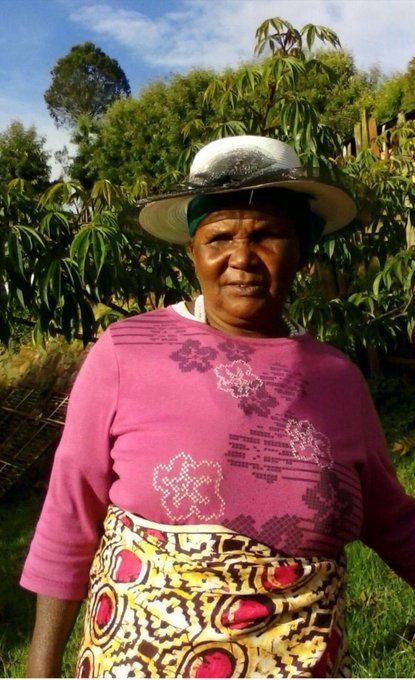NAIROBI, Kenya – Prominent lawyer Donald B. Kipkorir has pledged to donate the Sh1 million compensation he was awarded by the High Court to a cancer charity, in honour of his late mother who succumbed to stomach cancer two years ago.
In a heartfelt post on X, Kipkorir revealed that his mother’s treatment journey — which took them from local hospitals to India and later Qatar — was emotionally and financially draining.
“My Mama suffered & died from stomach cancer two years ago… The medical bills I paid were debilitating & I didn’t receive support from government or anyone,” he wrote. “In honour of her memory, I will give to a Cancer Charity all the money Muthaiga Country Club was ordered to pay me.”
My Mama suffered & died from stomach cancer two years ago. I took her to local hospitals & India. She passed away in Qatar on our way back. In honour of her memory, I will give to a Cancer Charity all the money Mutbaiga Country Club was ordered to pay me. The Medical Bills I
The post came days after the High Court ordered Muthaiga Country Club (MCC) to pay Kipkorir Sh1 million in damages for violating his constitutional rights by denying him entry “on spurious grounds.”
Delivering the ruling on Friday, November 7, Justice Chacha Mwita found that the club’s decision was unlawful and discriminatory, noting that MCC cannot deny entry to a guest who has been formally invited by a member.
Kipkorir, who filed the constitutional petition after being turned away at the exclusive Nairobi club, argued that his rights under Articles 27 (equality and freedom from discrimination) and 47 (fair administrative action) of the Constitution were infringed.
In his judgment, Justice Mwita agreed, awarding damages and legal costs to the flamboyant lawyer — a decision that legal analysts say could reshape how private clubs operate in Kenya.
Kipkorir welcomed the verdict as a “victory for fairness and constitutionalism”, thanking his lawyer Paul Wanyama for championing the case.
He also called on MCC to abolish its “blackballing” policy, which allows members to anonymously block others from entry or membership.
“An accuser must be man enough to come out instead of hiding in the shadows like a weasel,” he said.
The ruling has reignited debate over discrimination and elitism in Kenya’s private clubs — many of which still rely on colonial-era membership rules.
Legal experts note that the case affirms that constitutional rights extend even to private spaces, under Article 20(1) of the Constitution, which binds all persons and institutions.




